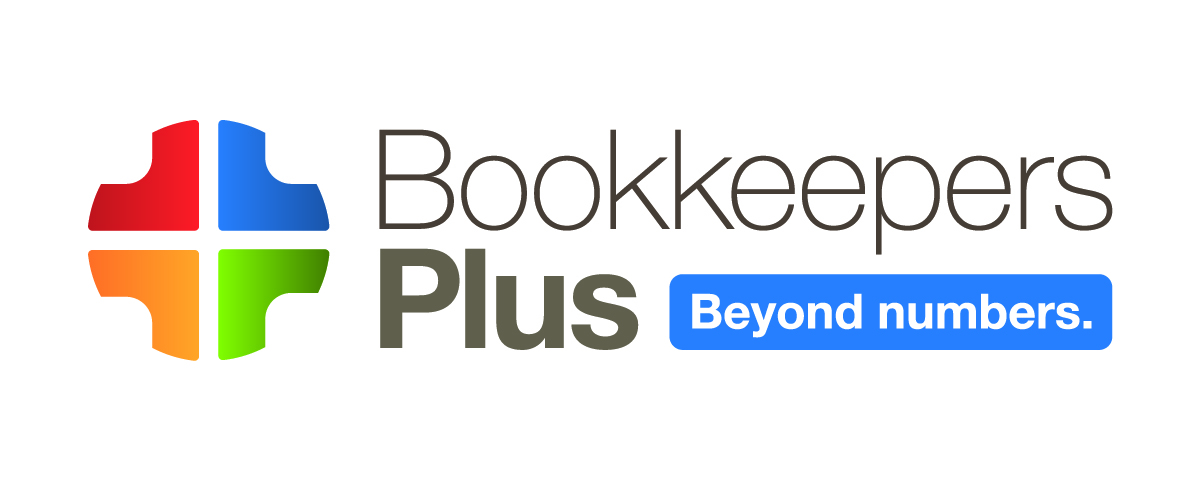Fill the gap between DIY and CPA
/Before becoming a full-time bookkeeper, I was in business management in another industry — a business owned by my father. That was where I learned bookkeeping. At first, it was on a paper ledger. It was very basic. Dad said it wasn’t until he brought the books to the CPA at the end of the year that he found out whether he was making money or not.
Clearly, there was not a high level of control over business finances. This was in the 1990s. By this time, personal computers were ubiquitous. But Dad was winding down and not inclined to jump into the new technology. He would leave that to his sons.
When it was my turn to make those decisions, I bought a computer running Windows 95 and started using QuickBooks. I hoped to unleash the power of the personal computer on the business finances. I soon found out that it would take more than simply turning on the power and installing an application to fulfill those hopes. Successfully setting up and running an accounting system in QuickBooks requires a solid understanding of accounting fundamentals, something I did not have at that time. I would need help.
Certified Public Accountants, I discovered, are highly trained professionals specializing in taxes and audits. They are well-prepared to consult with (primarily) larger businesses on financial reporting to a board of directors, banks, investors, regulators, and so on. It was not my experience then, nor has it been in the nearly twenty years since then, that they are equipped or inclined to advise small businesses on how to set up and run QuickBooks or the range of subjects falling under the heading of “daily accounting.” Fortunately, I learned that there are many competent accountants who are not CPAs that do serve the small business market. Yet, even they tend to focus on their tax practice, rather than serving the role of consulting accountant, business advisor or QuickBooks expert.
So, I was a Do-It-Yourselfer on QuickBooks and accounting. I stumbled my way through it and made lots of errors. Fortunately, I had an aptitude for accounting and for using applications on a personal computer. And, unlike most business owners, I was not directly involved in operations. So, I had more time to focus on accounting in QuickBooks as part of my job.
Small business owners start out as Do-It-Yourselfers in most areas of the business, including bookkeeping. Or they get help from a spouse. Once they grow a little, they might get help from a general administrative staffer. If they are lucky, they can find a professional bookkeeper to come in to the office part-time.
While it is important that business owners understand their numbers, their time is usually better spent on the income producing activities of their business. Bookkeeping is put on the back burner, done in the evenings and on weekends, and not done very well. Unless the spouse has training, he or she is just guessing their best without adequate guidance. The unrelenting close contact in family and business wears thin, and spouses want out of the business role.
Assigning bookkeeping to a general administrative staffer, often titled “office manager,” is problematic for a few reasons. First, the problem of lack of training applies here as well. Second, office managers are key staff people in managing the business. Like the business owner, the office manager’s time is probably better spent in supporting income producing activities. To keep all the plates spinning, they must be multitaskers extraordinaire. The work style of a bookkeeper is very different—quiet and concentrated. While the office manager’s desk is a high-traffic zone, bookkeeping requires a private space to deal with sensitive, often confidential, information.
Hiring a part-time professional bookkeeper can be challenging. Do they really know what they are doing? Can you find someone who is willing to work the limited hours you need each week or each month? Quiet bookkeepers are unlikely to initiate communication with you, the owner. Will you get the information you need from your bookkeeper to manage the business finances?
Next time: A new model using an outsource bookkeeping service.


